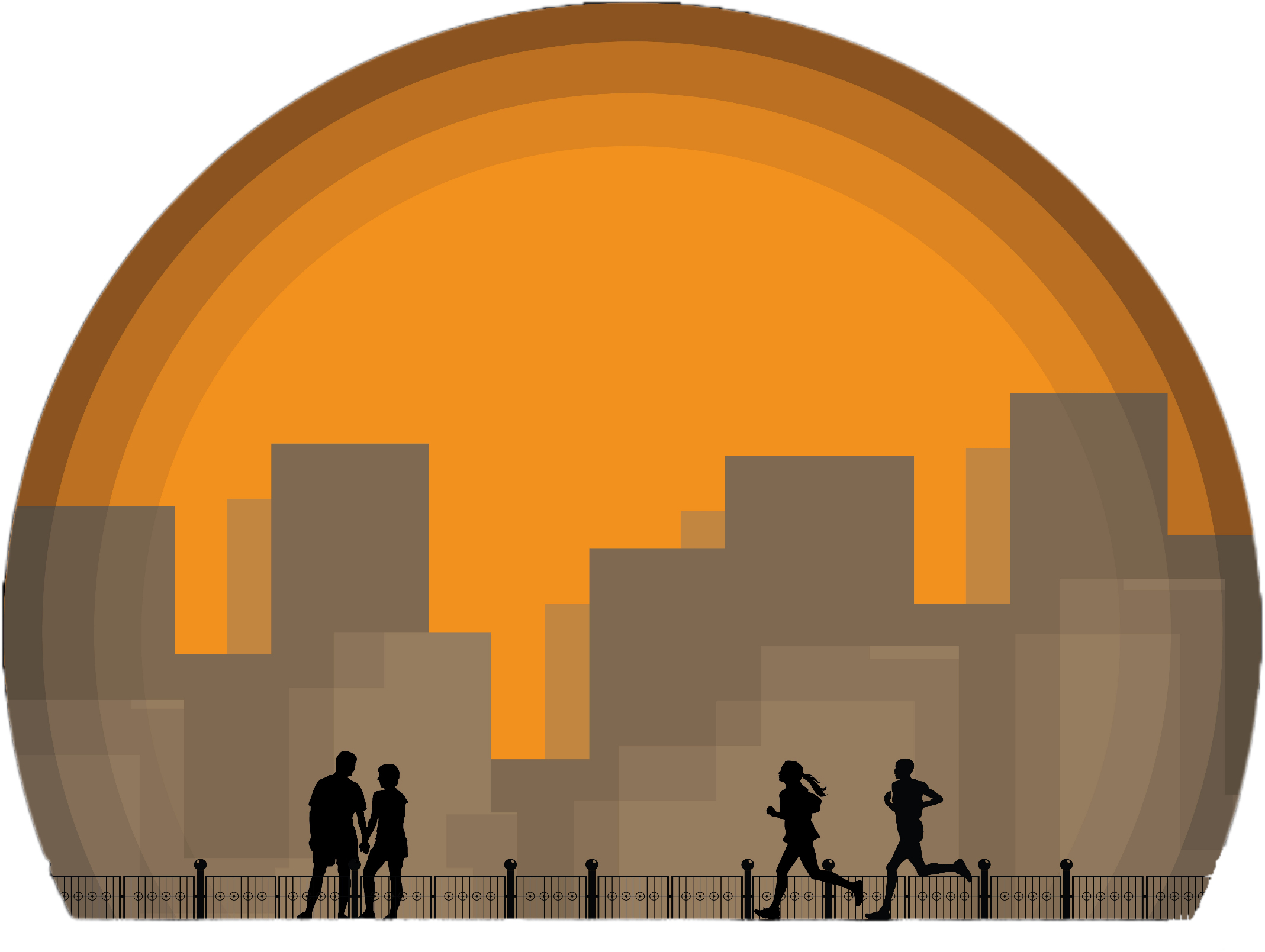Handmade Boston 2023
August 3-4th (Hybrid)
In-Person Recordings
These Boston videos are tolerable but of poor quality—especially the audio mixing. Abner unfortunately did not have his staff with him and hired a third-party A/V company. (He hopes to have his own people next time)
About Freya's Masterclass
Handmade Boston 2023 was our first conference in the east coast, and we lost Freya's original footage due to technical difficulties. She's offered to give an abridged version at Dutch Game Day (listed above.) We don't own that copyright.
Handmade Seattle 2019
November 19th (Physical)
In-Person Recordings
Disaster struck at our first ever conference, and we lost half the recordings due to technical difficulties. Our editor Devon documented his journey and conducted some interviews (listed above.) Also check out the brochure for some nostalgia.
More Coming Soon™
Media Page Under Construction
Majority of recordings are here, including audience favorites, but some are still missing. Visit our Vimeo channel below in the meantime—each video is downloadable and released under CC BY-NC-ND 4.0
